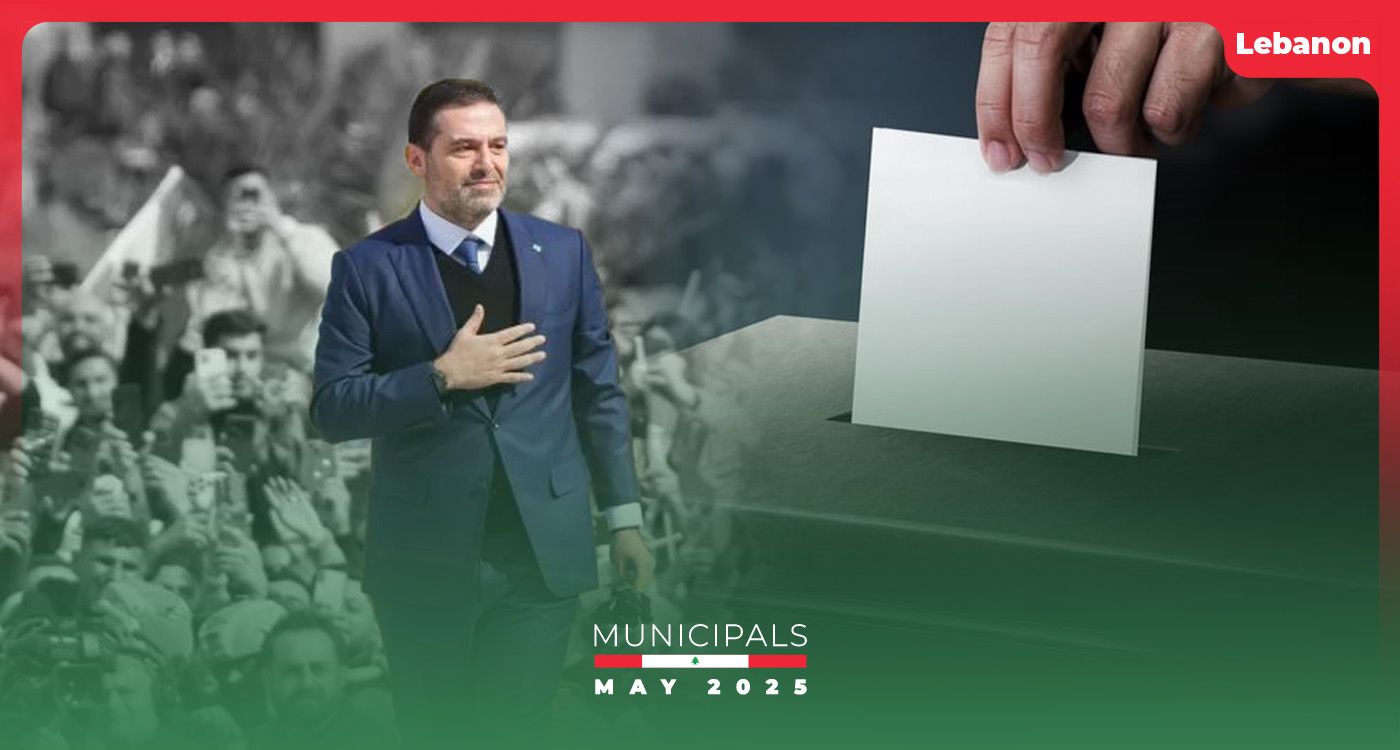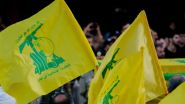
Announced less than twenty days before the start of the municipal elections, the electoral withdrawal of Sunni leader and head of the Future Movement, Saad Hariri, sent shockwaves through the Sunni community. For the second time in three years, it finds itself without a political compass ahead of a major vote.
On January 24, 2022, Saad Hariri announced a temporary retreat from political life, at a time when Lebanon was going through intense turmoil, marked by an unprecedented popular uprising against its ruling class—just four months before parliamentary elections.
Two withdrawals from public and political life in three years is a lot for such a prominent figure, even if he remains, despite the ups and downs of his political career, the most popular leader within his community.
But for his rivals, this is a golden opportunity to expand their influence. The void left by Saad Hariri fuels ambitions—just as it did in 2020. The upcoming municipal elections—scheduled for this Sunday in North Lebanon and the Bekaa, and on May 18 in Beirut, where the Future Movement has a strong presence—will serve as a test for those hoping to chip away at Hariri’s Sunni base.
The big question now is: what are their chances of success? To begin answering that, we must look back at the 2022 legislative elections. The bloc of six Sunni MPs aligned with Hezbollah, which had formed in 2018 thanks to the proportional representation system introduced by the new electoral law at the time, failed to expand in 2022, despite considerable resources. Hariri’s withdrawal should have opened the door, but it didn’t.
Instead, the void he left was filled by centrists or independents aligned with the sovereignist movement. The result was a fractured Sunni representation in Parliament—proof, above all, that no one within the Sunni community has yet managed to emerge as a political figure capable of replacing the Future Movement as a dominant electoral force.
The Jamaa Islamiya and Hezbollah
Nature abhors a vacuum—and political appetites in Lebanon being what they are, some will inevitably try their luck again.
Two politico-military groups come to mind in this scenario: the Jamaa Islamiya and Hezbollah, which supports Sunni factions aligned with the pro-Iranian axis—most notably, the so-called “Resistance Brigades” in northern Lebanon.
A branch of the Muslim Brotherhood, the Jamaa Islamiya was once aligned with the Future Movement, joining its list in the 2009 parliamentary elections. It grew closer to Saad Hariri’s party after the assassination of his father, former Prime Minister Rafic Hariri, and shared the same hostility toward Bashar al-Assad’s regime in Syria. But the Jamaa was never fully aligned with the Future Movement’s policies, and the two eventually parted ways over key disagreements.
Since Lebanon’s 2020 crisis, this fundamentalist group has tried to strengthen its presence in Sunni strongholds. It has attempted—without much success—to present itself as an alternative force for change in cities like Beirut and Saida. Today, however, it enjoys a tactical ally: Hezbollah.
An ally of Sunni Palestinian group Hamas, the Jamaa Islamiya has drawn closer to Hezbollah in a temporary alliance that took shape after Hezbollah opened a support front with Hamas on October 8, 2024.
Hezbollah, for its part, wants to solidify this alliance as part of a “nibbling” political strategy. In fact, last year, under this pact, the Jamaa succeeded in rallying some Sunni figures—including religious leaders—who back the Palestinian cause.
For the Future Movement, and for the political figures and groups hoping to benefit from its absence in the municipal elections, this weekend’s vote and those of the next two weekends will be a crucial test.
Some observers still believe the results will, at a macro level, generally favor the Future Movement for several reasons. While Hariri may be absent from the race, his political infrastructure remains intact. Coordination committees are still active—especially on the social front, sources close to the party point out.
They cite the mass public mobilization around Saad Hariri on February 14 as proof of the Future Movement’s enduring influence. Political analyst and journalist Ali Hamadé echoes this, noting, for example, the party’s strength in Saida, South Lebanon. Even without formally contesting the elections there, it remains influential through figures like former MP Bahia Hariri.
Elsewhere, Hamadé believes Future Movement voters may cast their ballots for candidates supported by figures historically linked to the party.
However, in the absence of clear guidance, other factors will carry weight: vote-buying, clientelist networks, and family dynamics.
Those hoping to chip away at the Sunni electorate to improve their chances in next year’s parliamentary elections may very well be willing to spend generously—in cold, hard cash.




Comments